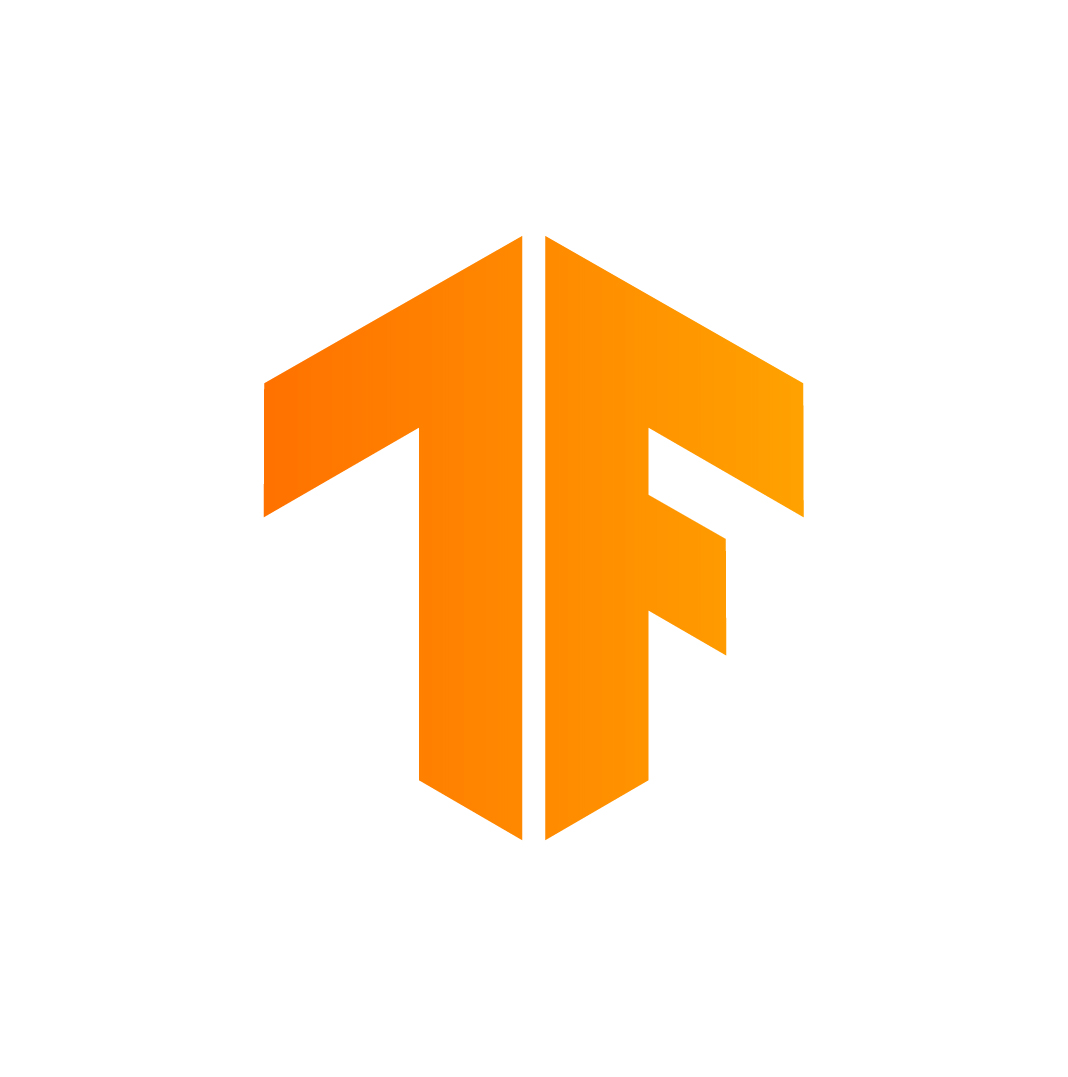This project is based on TensorFlow 1.3.0. It has been verified to work with the latest ROCm1.7.1 release. Please follow the instructions here to set up your ROCm stack.
A docker container: rocm/tensorflow:rocm1.7.1(https://hub.docker.com/r/rocm/tensorflow/) is readily available to be used.
The Wheels:
- Python 2: http://repo.radeon.com/rocm/misc/tensorflow/tensorflow-1.3.0-cp27-cp27mu-linux_x86_64.whl
- Python 3: http://repo.radeon.com/rocm/misc/tensorflow/tensorflow-1.3.0-cp35-cp35m-linux_x86_64.whl
For details on Tensorflow ROCm port, please take a look at the ROCm-specific README file.
Linux CPU |
Linux GPU |
Mac OS CPU |
Windows CPU |
Android |
|---|---|---|---|---|
TensorFlow is an open source software library for numerical computation using data flow graphs. Nodes in the graph represent mathematical operations, while the graph edges represent the multidimensional data arrays (tensors) that flow between them. This flexible architecture lets you deploy computation to one or more CPUs or GPUs in a desktop, server, or mobile device without rewriting code. TensorFlow also includes TensorBoard, a data visualization toolkit.
TensorFlow was originally developed by researchers and engineers working on the Google Brain team within Google's Machine Intelligence Research organization for the purposes of conducting machine learning and deep neural networks research. The system is general enough to be applicable in a wide variety of other domains, as well.
If you'd like to contribute to TensorFlow, be sure to review the contribution guidelines.
We use GitHub issues for tracking requests and bugs, but please see Community for general questions and discussion.
The TensorFlow community has created amazing things with TensorFlow, please see the resources section of tensorflow.org for an incomplete list.
